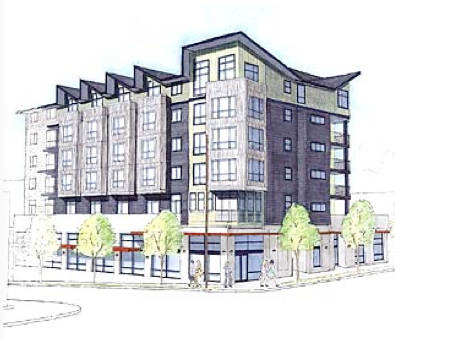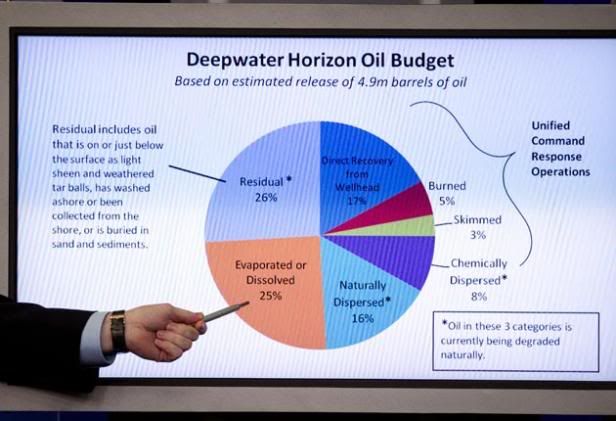by Meteor BladesFive years ago, a natural disaster plus human callousness and ineptitude combined to kill more than 1800 people on the Gulf Coast and plunged an American city into a nightmare from which it has far from fully recovered. Thousands of New Orleanians still live in homesick exile. Four of the hospitals that once served the east side of the city remain permanently closed. Crime is out of control. We had a chance right then, as a nation, to make the catastrophe of 2005 into a flex moment, a window of opportunity not merely to rebuild but rather to go boldly in a new direction, a green trajectory that would restore greater New Orleans and the Katrina-obliterated towns of Mississippi to ecological health with sustainable economies.
But, of course, the Cheney-Bush administration was in office and it had other fish to fry. Once it had completed the botch-job of its immediate response and handed out a few bucks and a few FEMA trailers, it more or less vanished from the scene. As for spurring a move down a green path in a big way, puhleez. Those were the days when the White House was still in its climate-change denier phase. Local politicians suffered their own form of myopia.
 This year’s disaster along the Gulf Coast offers us another flex moment. But we can easily ignore this one, too, if we don’t wise up. And you can already taste that unwise attitude in the air. The attitude which says that the roiling gush of oil into the Gulf will probably never spew from that particular well again so we can just do a little more work with the mops and get back to business as usual. Whew! Sure, residual oil in unknown quantities clings to the sea floor, unknown long-term effects may afflict the Gulf’s water-dwelling creatures, unknown damage may be done to those who depend on those creatures for a living, and a hydrocarbons driller or two may screw up another high-tech puncture. But, every day, with the obvious crisis gone - the one with the camera focused on it - these and other problems will capture less and less attention.
This year’s disaster along the Gulf Coast offers us another flex moment. But we can easily ignore this one, too, if we don’t wise up. And you can already taste that unwise attitude in the air. The attitude which says that the roiling gush of oil into the Gulf will probably never spew from that particular well again so we can just do a little more work with the mops and get back to business as usual. Whew! Sure, residual oil in unknown quantities clings to the sea floor, unknown long-term effects may afflict the Gulf’s water-dwelling creatures, unknown damage may be done to those who depend on those creatures for a living, and a hydrocarbons driller or two may screw up another high-tech puncture. But, every day, with the obvious crisis gone - the one with the camera focused on it - these and other problems will capture less and less attention.
We’re told, obviously so, that the immediate tasks in a disaster are to save lives, save livelihoods and prevent bad effects from becoming worse. Emergencies are no time to start rewriting the CPR manual. The problem with this is that emergencies instantly focus our intense attention but, afterward, when the societal adrenaline from the rescue effort ebbs, so does any thorough public pondering or accounting about how the way we live and consume and are organized contribute to creating these emergencies in the first place. What does get studied typically winds up as a 27-recommendation tome collecting dust somewhere, resurrected 10 or 20 years in the future as a curiosity for some columnist to highlight as what-could-have-been.
The possibilities emerging from flex moments such as Katrina and the BP gusher should be pounced on. “Don’t waste a crisis,” said Rahm Emanuel in the best sound bite I ever heard from him. Use this moment to do something big, something transformative for the Gulf, for the people, the ecology, the economy.
continued at Daily Kos....

 This year’s disaster along the Gulf Coast offers us another flex moment. But we can easily ignore this one, too, if we don’t wise up. And you can already taste that unwise attitude in the air. The attitude which says that the roiling gush of oil into the Gulf will probably never spew from that particular well again so we can just do a little more work with the mops and get back to business as usual. Whew! Sure, residual oil in unknown quantities clings to the sea floor, unknown long-term effects may afflict the Gulf’s water-dwelling creatures, unknown damage may be done to those who depend on those creatures for a living, and a hydrocarbons driller or two may screw up another high-tech puncture. But, every day, with the obvious crisis gone - the one with the camera focused on it - these and other problems will capture less and less attention.
This year’s disaster along the Gulf Coast offers us another flex moment. But we can easily ignore this one, too, if we don’t wise up. And you can already taste that unwise attitude in the air. The attitude which says that the roiling gush of oil into the Gulf will probably never spew from that particular well again so we can just do a little more work with the mops and get back to business as usual. Whew! Sure, residual oil in unknown quantities clings to the sea floor, unknown long-term effects may afflict the Gulf’s water-dwelling creatures, unknown damage may be done to those who depend on those creatures for a living, and a hydrocarbons driller or two may screw up another high-tech puncture. But, every day, with the obvious crisis gone - the one with the camera focused on it - these and other problems will capture less and less attention.